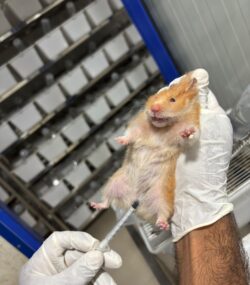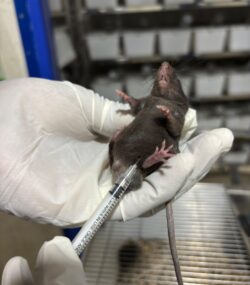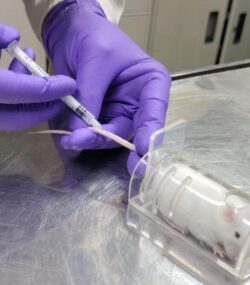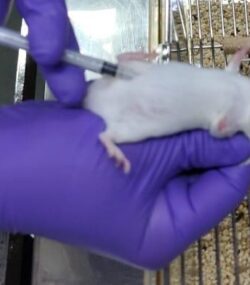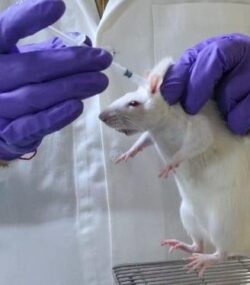Basic Surgery Training for Laboratory Animals
Basic Surgery Training for Laboratory Animals
Surgical procedures are commonplace in laboratory animal research for various purposes, including the study of diseases, drug development, and understanding biological processes. Conducting surgery on laboratory animals requires precision, care, and adherence to ethical guidelines to ensure the welfare of the animals involved. This course will provide an hands on experience of basic surgery skills on laboratory animals, emphasizing essential techniques and considerations to promote successful outcomes and animal well-being.
Why to attend this course?
Basic surgery training for laboratory animals is essential for researchers and laboratory personnel involved in animal research. By adhering to ethical guidelines, mastering surgical techniques, and prioritizing animal welfare, researchers can conduct successful surgical procedures while promoting the well-being of the animals involved. Continuous education, training, and adherence to best practices are vital for maintaining high standards of surgical competency and animal care in laboratory settings.
Course Content:
Understanding Ethical Guidelines:
Preoperative Preparation:
Surgical Techniques:
Anesthesia and Pain Management:
Postoperative Care:
Record Keeping and Reporting:
2. Basic Training on Laboratory Animal Handling and Care
Proper handling and care of laboratory animals are fundamental aspects of conducting research involving live subjects. This training module aims to provide essential guidelines and techniques for safely and ethically handling and caring for laboratory animals. In a practical course on laboratory animal handling and administration, it’s crucial to cover various routes of administration to ensure the safe and effective delivery of substances such as drugs, fluids, or experimental compounds. By following these principles, researchers can ensure the welfare and well-being of the animals while maintaining the integrity and reliability of their research outcomes.
Why to attend this course?
Basic training on laboratory animal handling and care is essential for researchers, laboratory personnel, and animal caretakers involved in animal research. Throughout the practical course, we will emphasize the importance of proper technique, dose calculation, animal welfare considerations, and adherence to institutional protocols and ethical guidelines. Encourage hands-on practice under supervision to develop proficiency and confidence in administering substances via various routes in laboratory animals. By adhering to ethical principles, implementing best practices in animal husbandry, and prioritizing animal welfare, researchers can ensure the health, well-being, and quality of life of laboratory animals while achieving reliable and reproducible research outcomes. Continuous education, training, and collaboration with veterinary professionals are essential for maintaining high standards of animal care and research integrity in laboratory settings.
Course Content:
Understanding Ethical and Regulatory Framework:
Safe Handling Techniques:
Routes of administration commonly used in Laboratory Animals:
Oral Gavage Administration:
Certification:
Upon successful completion of the course and assessments, participants will receive a certificate in Basic Surgery Training for Laboratory Animals, indicating proficiency in anaesthesia, preoperative care, analgesia and postoperative care in laboratory animal research field.


